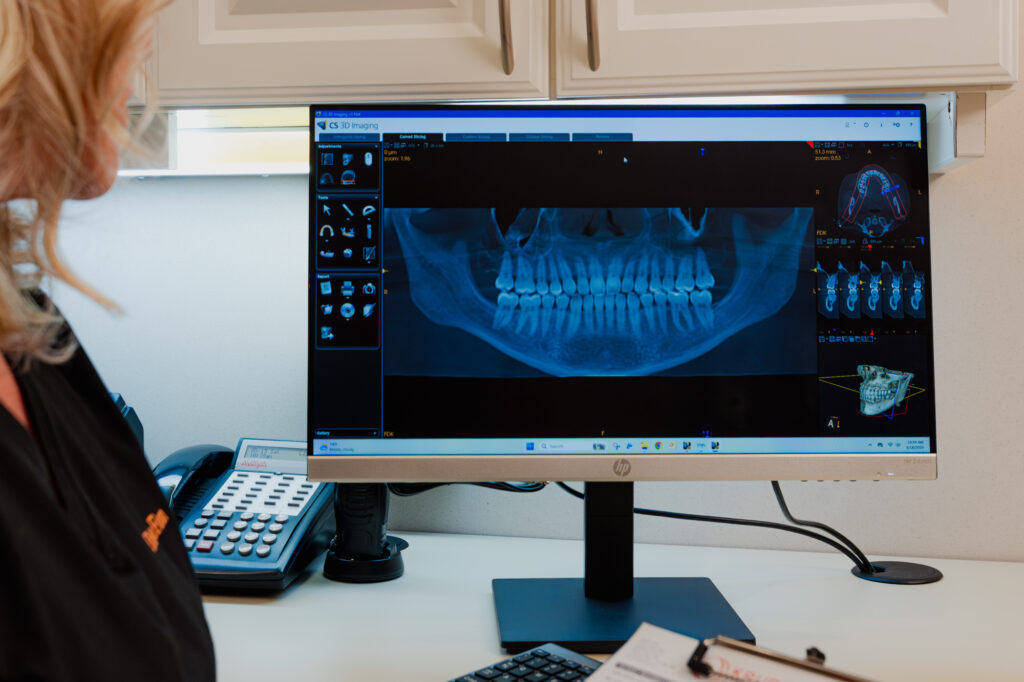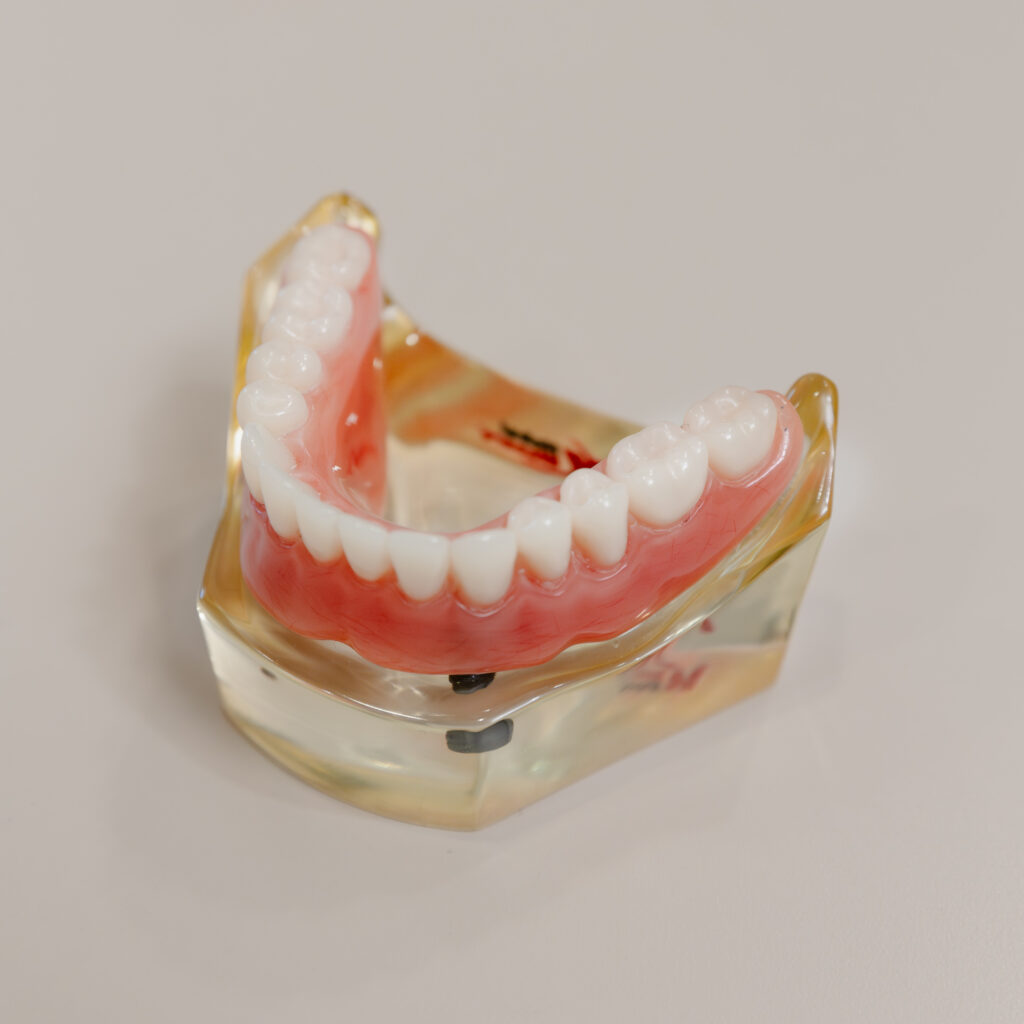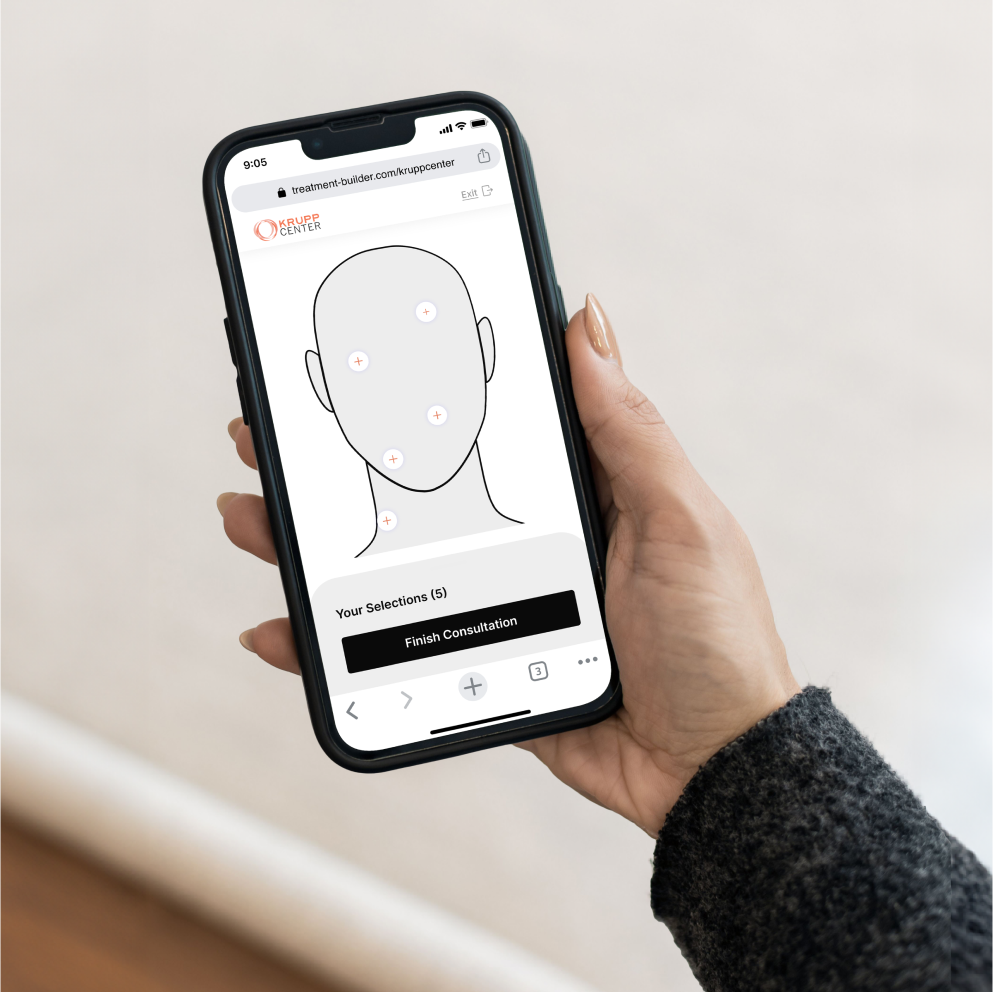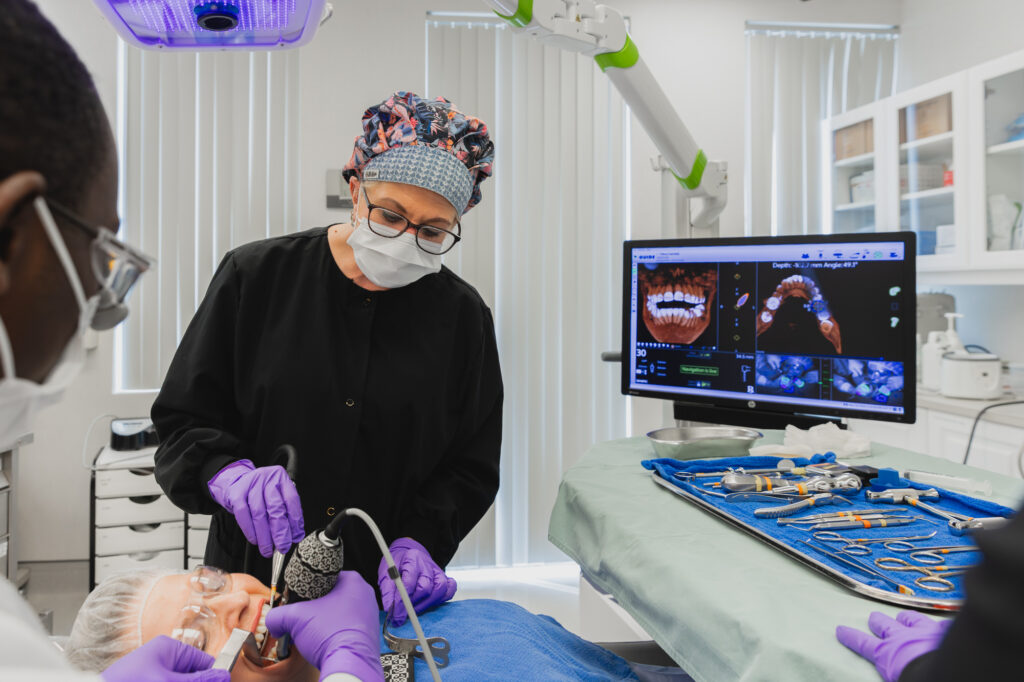
Your general dentist is your first line of defense for maintaining healthy teeth and gums; however, there can be times when advanced surgical care becomes necessary. Certain dental issues require more than standard treatment—they call for advanced surgical expertise.
At the Krupp Center, a specialized dental clinic near Pikesville, MD, we focus solely on oral and maxillofacial surgical procedures through referrals from local dentists. Our goal is to make that step from general care to specialized needs as comfortable and seamless as possible.
This blog breaks down the differences between your general dentist and a dental surgeon, as well as how we work together to ensure you get precise care that restores both the function and the appearance of your smile.
How Your General Dentist Supports Your Smile
A general dentist is your primary dental care provider. They handle your day-to-day dental care needs. This includes:
They will be your first point of contact for most dental issues. They focus on maintaining overall oral health and attempt to prevent dental problems before they arise. If your dental issue requires specialized care or surgery, your dentist will refer you to an oral surgeon.
From Extractions to Implants: What Your Dental Surgeon Handles
A dental surgeon is a specialist who focuses on treating complex conditions that affect the mouth, jaw, and face. When someone faces more complicated dental problems, their general dentist will refer them to a dental surgeon, like the Krupp Center.
Some dental problems that require surgery include:
- Wisdom teeth removal: When wisdom teeth become impacted or put stress on the surrounding teeth, an oral surgeon will need to perform the extraction.
- Dental implants: For those needing to replace missing teeth, oral surgeons can place permanent dental implants to restore function and appearance. These implants also help preserve overall oral health by maintaining the integrity of the jawbone and surrounding structures.
- Facial trauma: After an accident, bones in the face and mouth may be broken or damaged. An oral and maxillofacial surgeon can perform the procedures necessary to repair the trauma.
- Orthognathic surgery: If your jaw is misaligned or you have other jaw-related conditions like TMJ, oral surgery may be required to achieve proper alignment.
Comprehensive Care Through Collaboration
General dentists and oral surgeons both play important roles in maintaining your oral health. However, they focus on different parts of comprehensive dental care. Your general dentist provides routine care and prevention, and refers you to an oral surgeon when complex procedures are needed.
Trusted general dentists in the Pikesville area partner with us at the Krupp Center to ensure seamless treatment when surgery is required. Once your care is completed at the Krupp Center, it is important to continue visiting your dentist regularly to keep your post-op teeth healthy and strong.
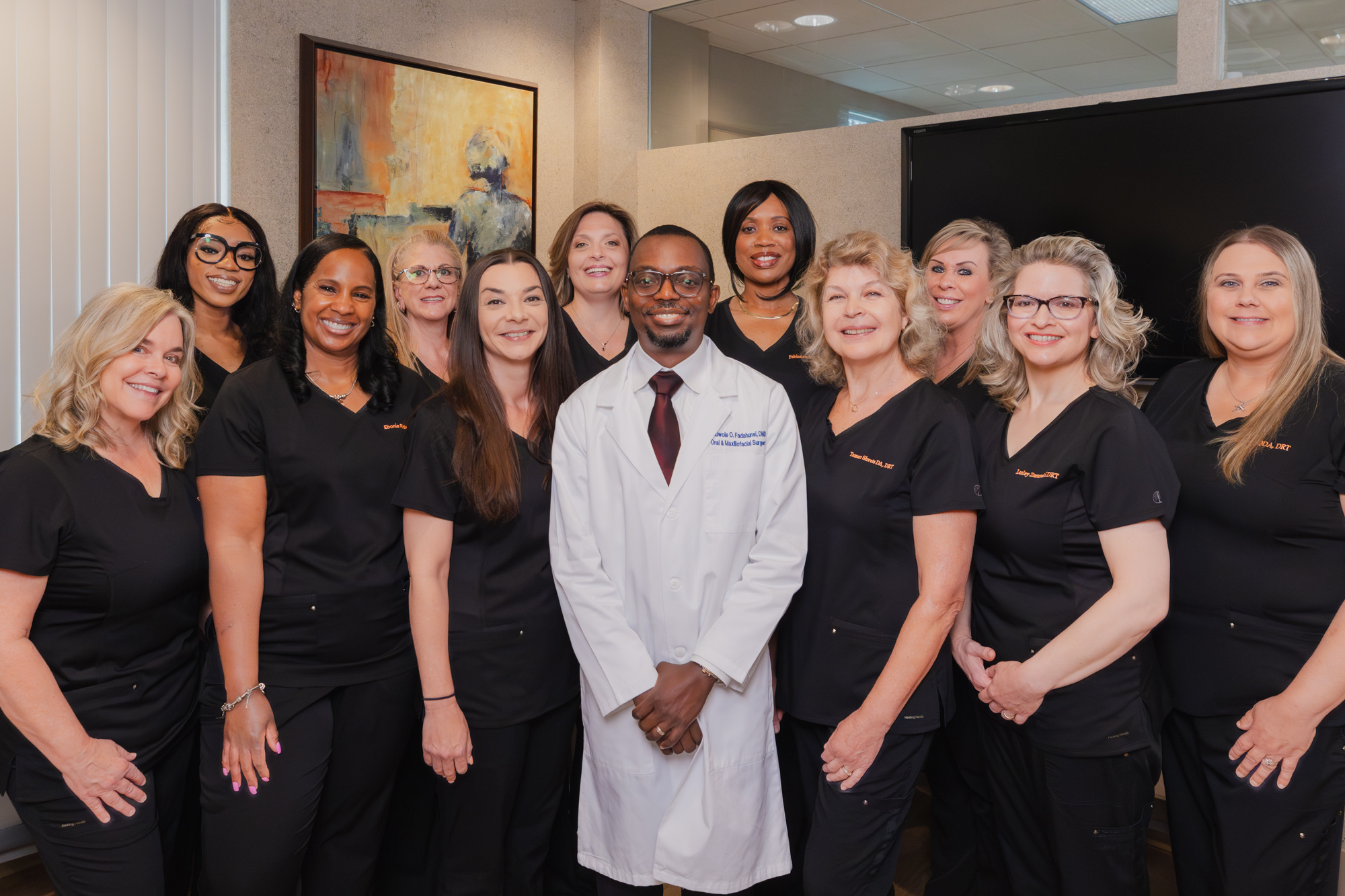
Let Us Build a Healthier Smile Together
Understanding the difference between a general dentist and a dental surgeon can help you feel more confident when your care requires a specialist.
At the Krupp Center, we partner with your primary dental clinic near Pikesville, MD, to provide expert surgical solutions when more complex treatment is needed. From consultation to recovery, our team is committed to making the process as smooth and comfortable as possible.
If your smile might benefit from specialized care, contact us to request an appointment. Lasting oral health and peace of mind require the best care, and at the Krupp Center, we strive to deliver advanced treatments with the precision and dedication your smile deserves.
